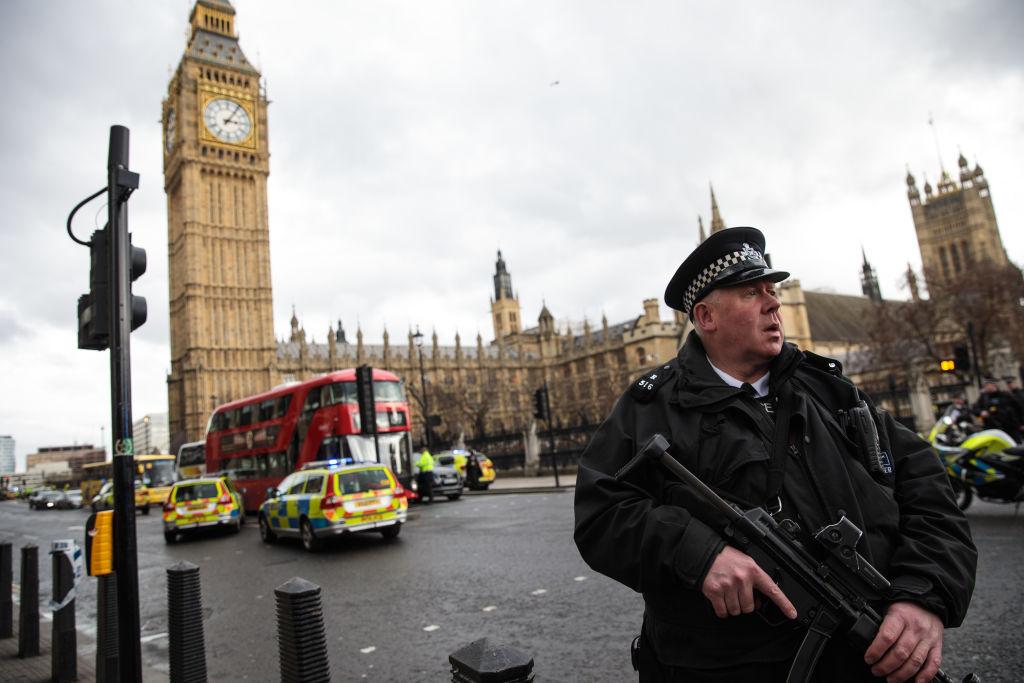The head of Britain’s Security Service has warned that the nation is facing a “dramatic upshift” in Islamic terrorism, and that further attacks are inevitable.
In a rare speech on Oct. 18, the head of MI5, Andrew Parker, told journalists that the “intense” threat was the worst he had known in his 34-year career.
Parker warned that driving the ISIS terrorist group out of Syria and Iraq wouldn’t reduce the current Islamic terror threat to the UK.





